
The child may be raised in the home of a third couple, which may be male-female, female-female, or male-male. The egg donation center ensures that the appropriate agreements have been legally finalized before eggs are collected, fertilized, and implanted for pregnancy. The donation center also handles issues of payments to the egg donor for her services, whether or not the donation is "directed", that is, the egg donor knows the prospective adoptive parents of the child. Egg donation centers are also responsible for the extensive screening program preceding approval for donation, and for supervising the hormone injections that make harvesting eggs possible. Typically a woman who is approved to donate her eggs receives hormone injections for about a month. For 12 to 14 days she receives Lupron at the fertility clinic. This drug gives the doctor a baseline level for luteinizing hormone and follicle stimulating hormone, allowing for calculation of the best time for harvesting the eggs. Then the prospective egg donor takes injections of follicle stimulating hormone (FSH) twice a day at home for 12 to 14 days.
When hormone levels indicate the eggs are "ripe" for harvesting, the donor gives herself an injection of human chorionic gonadotrophin, hCG, also known as the "trigger shot." This injection makes the ovaries ready for egg retrieval. About 34 hours after taking the trigger shot, the egg donor comes to the fertility center for egg collection, performed under sedation. Most women have no memory of the procedure. The egg donation program also handles payments to egg donors for their participation in the program. Egg donors do not typically receive compensation directly from the parents they help to conceive a child.







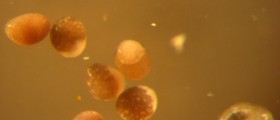
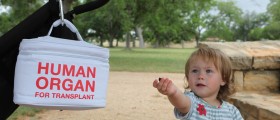


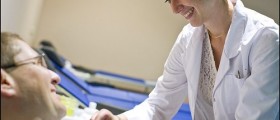
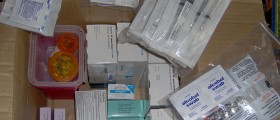
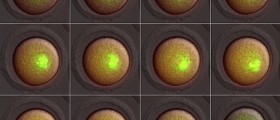



Your thoughts on this
Loading...